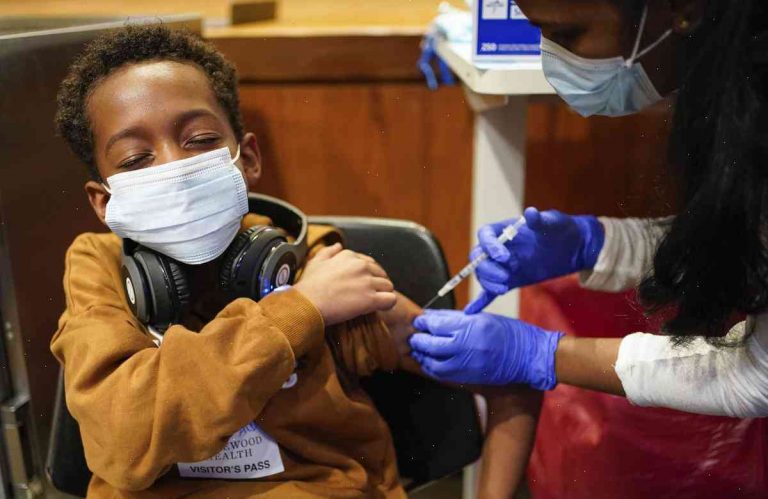Parents, it’s now up to you. COVID vaccines are right for kids and everyone else
It’s all but impossible to discuss vaccination in Britain without acknowledging the widespread dangers of preventable diseases – and debating whether to stop sharing MMR jabs between homeschooled, dual-language and Jehovah’s Witness children. It’s equally impossible to talk about the public-health benefits of vaccinations without acknowledging that the types of diseases that used to dominate our communities are thankfully, thankfully, almost nonexistent.
Is it time for that to change?
Meet children who’ve never had a vaccination
While the good news of early childhood vaccinations does sound like it would meet the consent of most people, plenty of people still have concerns about modern vaccines. A national BBC poll last year revealed that eight out of 10 people believed that vaccinations cause autism. Surveys like this have resulted in the formal bans of some MMR vaccinations on children with alleged autism, and backed a number of outright bans (leaving only the measles booster, which hasn’t been singled out, up for debate).
But now there’s a twist. Amid growing calls for vaccination rates to be lowered, pediatricians in England and Wales have reported that they are receiving a growing number of notices asking for their advice about removing children from school with vaccine exemptions. What’s particularly disturbing is that many of these exemptions come from parents who say that they don’t want their children to get older to the point that they’re vaccinated – a move that would require kids to be re-vaccinated every year.
Is such a move feasible? With help from the BBC, we broke down the hurdles such a move would raise:
Why is it impossible to vaccinate children who already have them?
Numerous studies have shown that measles is highly contagious among unvaccinated children. However, if parents had children older enough to have been vaccinated for measles in the past, they are not required to re-vaccinate to prevent transmission to new unvaccinated children. In the end, scientists are meeting this challenge by regrowing the faeces of infected children in a lab, inoculating pets with it, and infecting patients with it in a lab.
Are vaccinations as safe as everyone says?
The overall rate of vaccination is high – the MMR vaccine is 90.7% in the UK. But that may be deceptive, since MMR transmission is a specific category: Measles can be seen as “low-risk”, not “high-risk” vaccine. At the same time, based on statistics compiled by the World Health Organization, some recent studies show that many states in the US and elsewhere have had measles outbreaks, or even clusters of outbreaks, since the introduction of the MMR vaccine in the early 80s.
